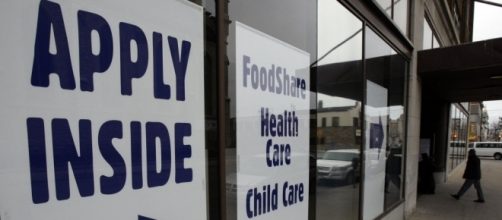Immigration in the United States has been a hot topic in recent years. It has been brought front and center due to frequent terror attacks, human trafficking, drug smuggling, and child abductions. During the 2016 presidential election, both the Republican Party and Democratic Party prioritized these concerns. Donald Trump increased government efforts to regulate Illegal immigration in the U.S. dramatically since his inauguration.
As of late, his crackdowns have recently driven thousands of needy individuals to remove themselves from public assistance programs.
According to immigrants living in the U.S. and activist groups supporting them, they believe that enrolling in health and human services will eventually lead to deportation.
Immigrants struggle with SNAP
This conflict hits communities hardest when it comes to food stamps. It is against the law for individuals illegally residing in the United States to participate in the Supplemental Nutrition Assistance Program (SNAP). Regardless, many low-income families have a blend of both legal and illegal citizens incorporated in them. For instance, many foreign adolescents born in the United States have their citizenship naturally even though their parents don't. Even under these circumstances, it’s still the adult who must apply and be approved for government assistance in order to provide for their families.
Since Trump took office, a lot of people now feel that it is dangerous to reach out to health and human services. Their intuition comes from knowing that the United States has a president now that has made enforcing regulations on immigration one of his top priorities.
SNAP notices significant changes
As a result, records are piling up from people restricting non-profits from enrolling them in food stamp programs. Throughout the U.S. benefits are now left to lapse, or people withdraw from these kinds of programs altogether because they don’t want to risk being deported back to their countries.
The SNAP program provides beneficiaries with food stamps in routinely scheduled installments. It grants an estimated $125 for each family member in a household to purchase food, as long as they are enrolled in the program and eligible. This program primarily focuses on helping low-income families, so, relinquishing these services can make things incredibly difficult for poor people.


